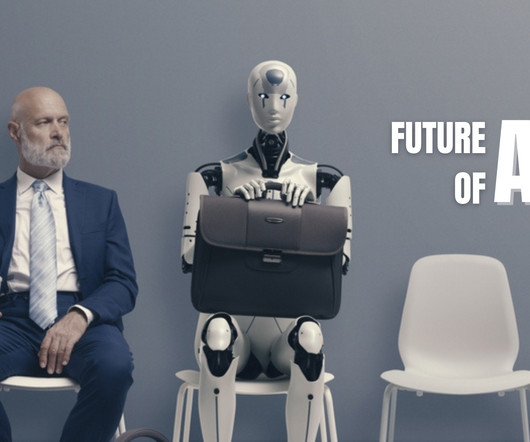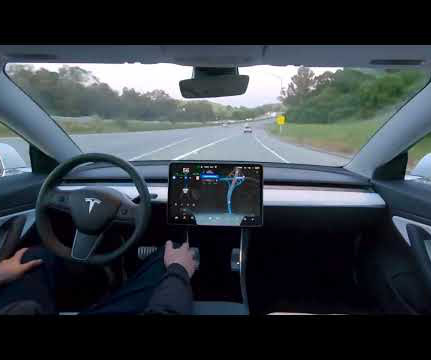The Age of Health Informatics: Part 1
Heartbeat
OCTOBER 23, 2023
Image from "Big Data Analytics Methods" by Peter Ghavami Here are some critical contributions of data scientists and machine learning engineers in health informatics: Data Analysis and Visualization: Data scientists and machine learning engineers are skilled in analyzing large, complex healthcare datasets.










Let's personalize your content